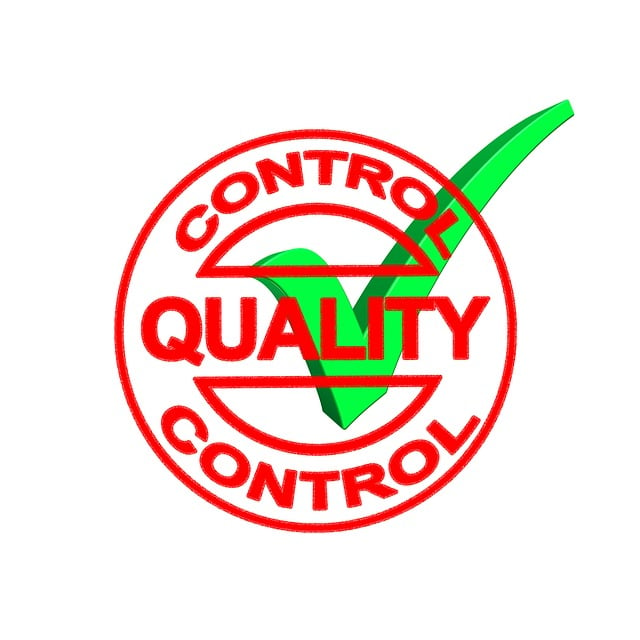Rodent control is essential for safe, healthy living spaces. Early detection of signs like droppings, gnaw marks, and noises prevents minor issues from escalating. Effective strategies include sealing entry points, eliminating food sources, and using professional advice-guided traps or poisons tailored to each situation (e.g., mice, rats, squirrels, hamsters). Proactive prevention involves sealing gaps, inspecting & patching areas around windows/doors, maintaining cleanliness, and trimming vegetation. Non-toxic methods like peppermint oil, natural predators, proper sanitation, and secure food storage offer humane, eco-friendly alternatives. Persistent issues may require professional pest control services for immediate relief and long-term prevention plans. A strategic approach combining regular inspections, clean living, clutter reduction, and trash management ensures optimal rodent control.
Rodents can quickly turn into a frustrating and costly problem for homeowners. Understanding residential rodent infestations is the first step towards effective control. This comprehensive guide delves into the common rodents lurking in your home, identifying signs of an infestation, and explores various prevention strategies. From non-toxic methods to professional pest control services, we provide practical tips for maintaining a rodent-free environment. By implementing these strategies, you can ensure long-term rodent control and protect your home.
Understanding Residential Rodent Infestations

Rodent control is a critical aspect of maintaining a healthy and safe living environment. Understanding residential rodent infestations is the first step in effective management. Rodents, such as rats and mice, are adept at finding their way into homes through tiny cracks and openings, attracted by food sources and suitable habitats. Once inside, they quickly establish nests, reproduce, and expand their presence throughout the property.
Recognizing signs of an infestation is essential. These include noticeable droppings, gnaw marks on food packaging or walls, distinct smells, and strange noises coming from walls or ceilings. Prompt action is key; early detection can prevent minor issues from escalating into major problems. Effective rodent control involves a combination of sealing entry points, eliminating food sources, and employing appropriate traps or poisons, guided by professional advice tailored to the specific situation.
Common Rodents in Residential Settings

In residential settings, several common rodents can pose significant problems for homeowners. The most prevalent among them are mice and rats. Mice, known for their tiny size and agility, can squeeze through tiny gaps and easily access homes, often seeking food and shelter during colder months. Rats, on the other hand, are larger and more robust, capable of chewing through wood and metal to gain entry. Both species reproduce rapidly, making early detection crucial for effective rodent control.
Other common rodents include squirrels, which can enter homes through open doors or windows, especially attics and crawl spaces, and hamsters, that might find their way in through pet doors or cracks in the walls. Each of these pests requires tailored strategies for control due to their unique behaviors and habitats within residential areas.
Identifying Signs of a Rodent Problem

Recognizing the early signs of a rodent problem is crucial for effective residential rodent control. Keep an eye out for unusual noises, such as scurrying sounds or squeaking, especially at night. You might also notice chewed cables, insulation damage, or small holes in walls and floors, indicating their presence. Rodents leave behind droppings, which can be a clear sign of infestation; these are usually dark brown or black, granular, and resemble tiny pellets.
Another telltale sign is the strong, pungent odour of urine, which rodents produce to mark their territory. You may also find evidence of gnawing on food packaging, as rodents are constantly seeking new sources of nourishment. By being vigilant and addressing these signs promptly, you can take proactive steps towards rodent control and prevent potential damage to your home.
Prevention Strategies for Rodent Control

Rodent control is much easier and more effective when preventive measures are taken. The first line of defense involves sealing entry points into your home or property. Rodents are relentless in their search for food and shelter, so any gap larger than 1/4 inch can serve as an invitation. Regular inspections around windows, doors, vents, and pipes are crucial to identifying these points and patching them up with materials like steel wool or caulk.
Maintaining a clean environment is another vital prevention strategy. Regularly cleaning and sanitizing spaces, especially in kitchens, can eliminate food sources that might attract rodents. Storing food in airtight containers, promptly cleaning up spills, and not leaving pet food out overnight can also deter these pests. Additionally, trimming bushes, trees, and other vegetation close to your home can reduce hiding spots and make it harder for rodents to gain access.
Non-Toxic Methods of Rodent Management

In the realm of rodent control, non-toxic methods offer a humane and eco-friendly approach to managing these pests. Instead of resorting to harmful chemicals, there are several effective strategies that can be employed. One such method is the use of natural repellents, like peppermint oil or cinnamon, which have been proven to deter rodents due to their strong scents. These repellents can be strategically placed around entry points and common habitats to keep rodents at bay without causing them harm.
Another popular non-toxic technique involves the introduction of natural predators, such as cats or certain birds, to the area. Predators play a crucial role in maintaining a balanced ecosystem and can effectively control rodent populations. Additionally, proper sanitation and trash management are essential. Sealing entry points, storing food securely, and eliminating water sources can significantly reduce attractions for rodents, making your home less welcoming to these unwanted visitors.
Professional Pest Control Services

When dealing with persistent rodent issues, many homeowners opt for professional pest control services. These experts offer specialized knowledge and cutting-edge strategies to ensure effective rodent control. They employ a range of methods, from traditional traps and poisons to modern, eco-friendly solutions, tailored to each unique situation. Professional services not only provide immediate relief but also long-term prevention plans, ensuring rodents stay away.
The benefits include access to high-quality equipment and products that are often difficult for homeowners to obtain. Additionally, professionals have the training and experience to safely handle and dispose of pests and their traps, minimizing potential health risks and environmental impact. Their expertise allows for targeted treatments, avoiding damage to homes and preserving a safe living environment.
Maintaining an Effective Rodent Control Plan

Maintaining an effective rodent control plan involves a multi-faceted approach that combines prevention, early detection, and swift action. Regular inspections are key to identifying potential entry points, such as gaps in walls or floors, where rodents might gain access. Sealing these openings with materials like steel wool or caulk not only prevents new intruders but also denies existing ones a way out.
Moreover, keeping your home clean and clutter-free significantly reduces hiding places and food sources for rodents. Storing food items in airtight containers and promptly cleaning up spills or crumbs can make your space less appealing to these pests. Regular trash removal and maintaining a yard free of debris or potential nesting sites further deter rodents from seeking shelter in or around your residence.
